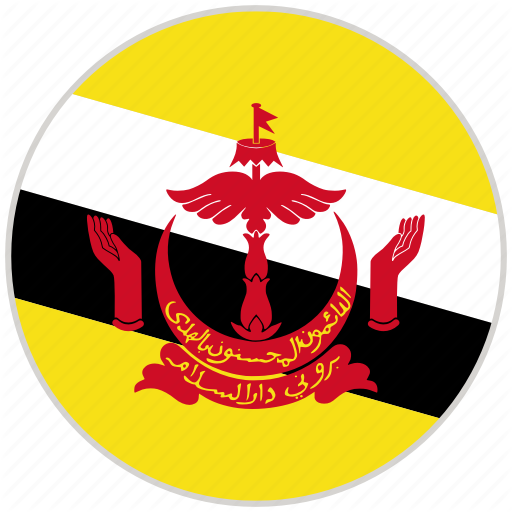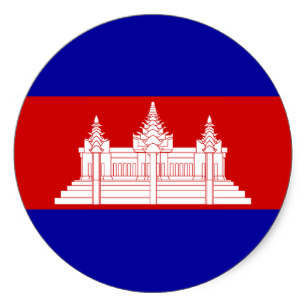
Source: Collated by the NEAT Philippines Secretariat
The NEAT Philippines, led by the Philippine Institute for Development Studies (PIDS) in partnership with the Foreign Service Institute (FSI) Philippines and the University of the Philippines-Asian Center (UP-Asian Center), conducted the Working Group (WG) Meeting on “Strategic Communication Lessons from the COVID-19 Pandemic: ASEAN Plus Three Countries (APT) Experiences, Best Practices, and Ways Forward” last 12 July 2022, 13:00-16:50H via Zoom. The event was attended by 21 experts and observers from 11 APT countries.
In his opening remarks, the NEAT Philippines Country Coordinator, Dr. Aniceto C. Orbeta, Jr., underscored the need to explore the different strategic communication initiatives of each APT country, as it is necessary for the improvement of crisis management and post-pandemic recovery.

Source: Taken by the NEAT Philippines Secretariat during the opening remarks of Dr. Orbeta
Hence, the experts across two (2) sessions highlighted the crucial role of strategic communication in crisis response, and the way strategies are communicated affects the responses of each stakeholder to policies. Further, one of the trends in the discussions is the need to strengthen crisis and surveillance systems to prepare for emergency situations. For example:
· Laos demonstrated that successes stem from past investments to strengthen surveillance systems and result in functional early warning systems.
· Vietnam emphasized that proactive prevention is needed as well as, a high-flexibility strategy in order to respond strategically during a crisis. Along with investments in functioning systems, greater stakeholder collaboration among the various actors is needed.
· Cambodia recommends investing in preparedness and response at the national and sub-national level through multi-sectoral collaboration among various sectors and communities, families, and individuals.
· Korea underscored the importance of APT cooperation as the biggest partner for supply chain, investments, human exchanges, and trade.
· Japan highlighted the role of experts in risk communication to ensure transparency and candidness of government to secure public understanding.
· The Philippines emphasized the need to ensure coherence of messages from the top administration and government departments, national and local governments as well as, the institutionalization of fact-checking and awareness, risk communication, and crisis communication. However, for systems and partnerships to be well received by the constituents, it is important to ensure that communication is sensitive to the values and cultures of people.
· China demonstrated that social support such as informational support can positively impact individuals and regulate their negative emotional status. Indonesia emphasized that a media campaign alone is not enough to engage the public in times of a crisis.
· Malaysia’s findings show that behaviors and attitudes towards COVID-19 practices are related to cultural norms.
· Lastly, Singapore showed that information can be disseminated properly through differentiated communication mediums and communication strategies that are culture- and value-sensitive.

Source: taken by the NEAT Philippines Secretariat during the presentation of Dr. Salamah of NEAT Indonesia
Lastly, the experts highlighted policy recommendations and ways forward leveraging the use of strategic communication in crisis response. The recommendations were classified into three parts: (1) strengthening collaboration between the government and its stakeholders through communication crisis response; (2) promotion of the utilization of regional networks and deeper cooperation among APT countries; and (3) transparent and effective communication systems.
The first session was moderated by Dr. Joefe Santarita of the UP-Asian Center, and the second session was moderated by Mr. Jovito Jose Katigbak of the FSI. The meeting was synthesized by Dr. Francis Mark Quimba of PIDS. For more information about the working group, you may email the NEAT Philippines Secretariat at This email address is being protected from spambots. You need JavaScript enabled to view it..











.png)



.png)




